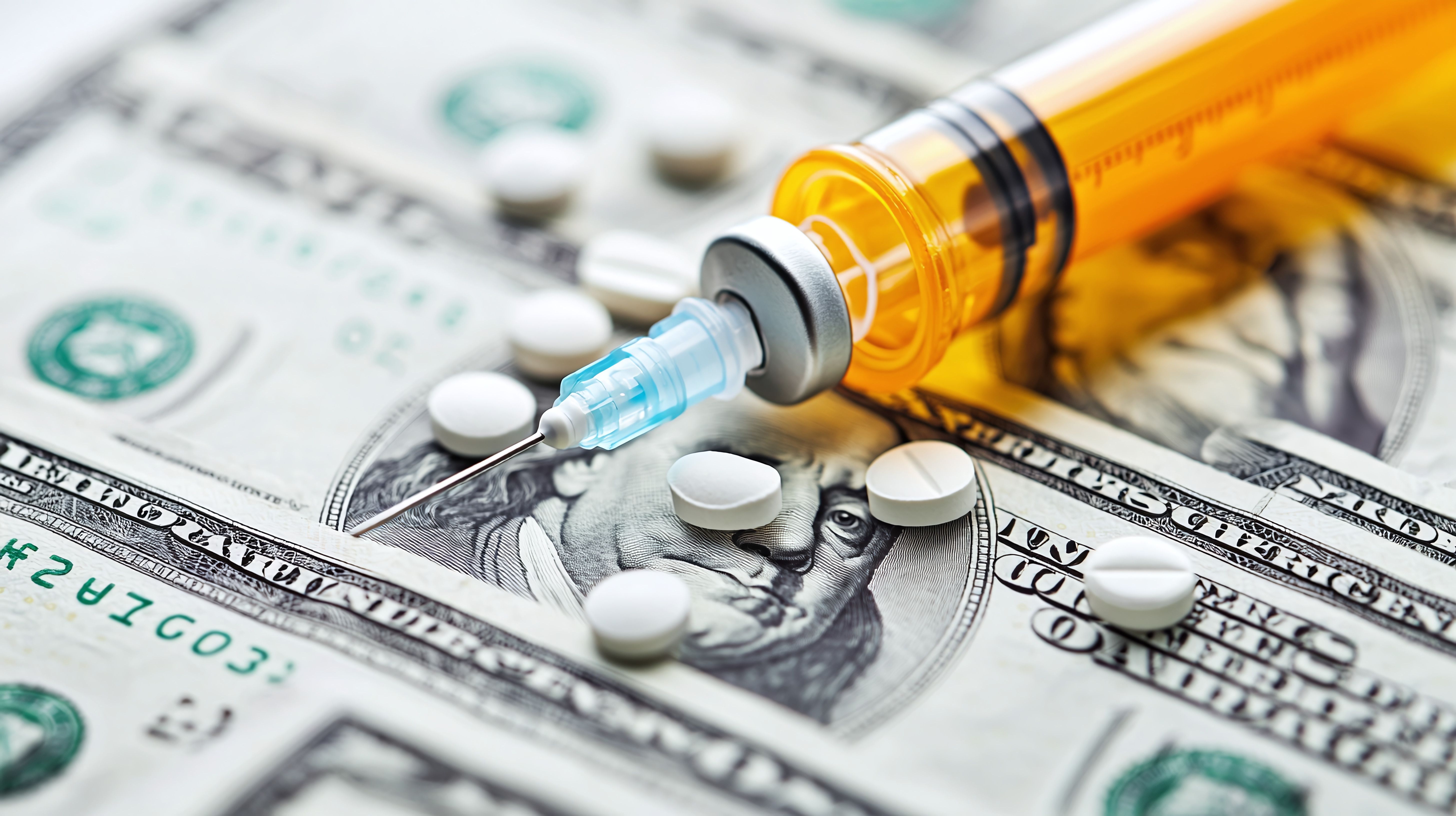- Bone Health
- Immunology
- Hematology
- Respiratory
- Dermatology
- Diabetes
- Gastroenterology
- Neurology
- Oncology
- Ophthalmology
- Rare Disease
- Rheumatology
BioRationality: A Socratic Analysis of IQVIA Report on Biosimilars
Sarfaraz K. Niazi, PhD, gives his opinion on how the recent IQVIA report “Assessing the Biosimilar Void in the US” could be improved for the future.
In her recent book, “Open Socrates,” Agnes Callard, a professor at the University of Chicago, states that “Being like Socrates” just means being open-minded, willing to admit when you are wrong, and unafraid to ask challenging questions. This is not an ethical theory. It is more like a critical thinking “sauce” that can be poured over any ethical theory or common sense. Whereas “Kantian” or “Aristotelian” refers to a set of ideas about how to live, “Socratic” refers to a style.
Image credit: Luluraschi - stock.adobe.com

I hope that IQVIA, one of the most significant stakeholders in the field of health care and has remarkable talent in its pool, will take my criticism positively. Socrates also welcomes a response, and so do I.
A recent report by IQVIA, “Assessing the Biosimilar Void in the U.S. Achieving Sustainable Levels of Biosimilar Competition,” released on February 03, 2025, presents the following key findings:1
- Over the next decade (2025-2034), 118 biologics are expected to lose patent protection, presenting a $232 billion opportunity for biosimilars.
- Only 12 molecules set to lose patent protection from 2025 to 2034 have biosimilars in development as of June 2024, with the remaining 106 biologic patent expiries representing a ‘biosimilar void.’
- Factors influencing biosimilar development are market potential, timing of patent expiry, disease area, patient population size, and manufacturing and clinical testing complexity.
- To ensure the sustainability of the biosimilar market and the savings and affordability benefits are fully realized by the health care system and patients, stakeholders must address the challenges contributing to a biosimilar void.
The report then lists the savings accrued using biosimilars, which is nice to know but does not add any value to understanding biosimilars. They are supposed to save. A small part of the report, a few words states, “complexity of manufacturing and clinical testing” as a factor influencing biosimilar development, among a dozen other considerations.
Nowhere in the report does it mention its data on the development cost, which is hundreds of millions of dollars, and recommends, “Partner with us to develop biosimilar products more quickly and cost-effectively, from clinical and operational planning to pipeline prioritization, feasibility analyses, and full-service study execution. Since 2009, IQVIA has worked on multiple biosimilars for over 30 unique reference biologicals and delivered more than 80 biosimilar studies across various therapeutic areas.”
Today, we do not hear such suggestions about chemical generics because their development costs have fallen after regulatory agencies realized that a chemical entity proven for safety and efficacy need not undergo extensive testing. The same acceptance must come for biosimilars. There is no need for clinical efficacy testing of biosimilars, a concept that IQVIA will not promote, for this is what brings their bread and butter.
If IQVIA has sincere intentions, it should support scientific principles and work towards removing regulatory requirements that are proven redundant. IQVIA can also take a position in the case of double patenting, a significant hurdle that IQVIA fails to recognize.2
References
- Jeremias S. The biosimilar void: 90% of biologics coming off patent will lack biosimilars. The Center for Biosimilars®. February 5, 2025. Accessed February 13, 2025. https://www.centerforbiosimilars.com/view/the-biosimilar-void-90-of-biologics-coming-off-patent-will-lack-biosimilars
- Niazi, SK. Contradicting rulings of the US patent office on double patenting jeopardize the generic and biosimilar drugs. Pharm Pat Anal. Published online February 8, 2025. doi:10.1080/20468954.2025.2459582
Newsletter
Where clinical, regulatory, and economic perspectives converge—sign up for Center for Biosimilars® emails to get expert insights on emerging treatment paradigms, biosimilar policy, and real-world outcomes that shape patient care.
